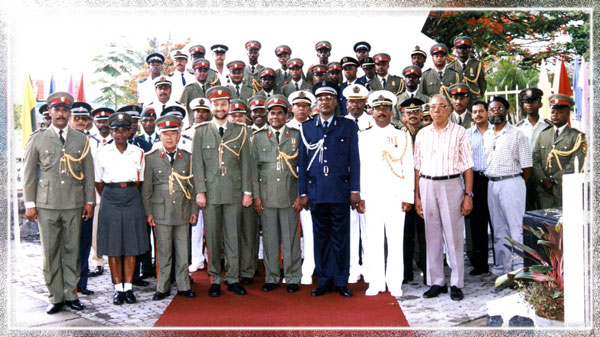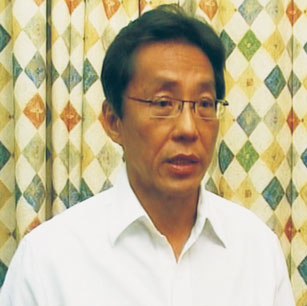Editorial
Military interest in elections
The arrest in Madagascar of General Randrianafidisoa who had called upon the military to interfere in the democratic protest at the time of last Presidential Election in Madagascar reveals once again the supremacy of the civil authority over the military from the standpoint of justice and law.
The incident, of course, is bound to revive the argument in Seychelles that the military would have staged a “Coup” if the Opposition parties had won the last election.
In this connection, it is to be noted that the Chief of Staff of the SPDF – Col. Leopold Payet did not respond to a call by former President James R. Mancham on the eve of the Election that he issues a Release drawing the attention of his soldiers to the fact that the SPDF had been established as a Force to defend the territorial integrity of the Nation and not to interfere in its internal democratic process.
The Government is yet to explain as to why on Election Day from about 2:00 p.m. in the afternoon there was a military tank with camouflaged soldiers carrying AK-47 stationed on the ground of Seychelles International Airport.
The decision of the President in promoting the Chief of Staff to the position of Brigadier on the day he announced his Cabinet has further strengthened the argument of an army interest in our election results.
Perhaps this time we should get a Judge from Scotland to look into this matter!

WHEN WILL WE SWALLOW THE “BITTER PILL?”
As the President reads this issue upon his return from a shopping spree with his family in Singapore and contemplates the criticisms we have made about his economic policies, we thought it would be appropriate to print the pertinent comments that the Chairman of Banyan Tree Resorts – Singaporean, Mr Kwong Ping Ho made on SBC television and repeated this week. Mr Ho is a member of President Michel’s National Economic Planning Council. Interestingly, Seychelles Nation, the other State controlled media, conveniently left out most of Mr Ho’s statement in its report dated 20th November:

“Well I think we all know that the Seychelles history in the last 20/30 years has been one in which I was rather sympathetic to. I certainly share and empathize with a lot of the policies that the Seychelles pursued in the past, particularly its socio economic policies but that world is no longer valid today. In the world of Globalization, international competition today requires every country to change its policies, you’ve got a legacy that is not that easy to change. You’ve got a whole social welfare system a welfare state that once you give people something it’s difficult to withdraw. I think it’s a long legacy to have to try to dismantle and lead to a new area of true market place economics. And I think the difficulty you have to go through is how to do that with a minimal social pain. But its bitter medicine that people have to swallow and I think the President has a done a very skilful job, in the sense that he’s taken a lot of the decisions that are not easy one’s to make, but at the same time he’s done it in a way where you can clearly see the economy is better than it was before you can just see by walking the streets I used to work here 2/3 years ago and the shops were all empty, now shops are all full of things and it would get only better.”
Mr Ho said that when he was young he too was a Marxist and was expelled from university because of his activities. Thank God for that. If Singapore had followed his Marxist path it wouldn’t be what it is today. And one doubts if President Michel would have chosen it to take his family on a shopping holiday. Unfortunately for Mr Ho the Marxist ideology he was propagating in the 80s was never valid, even then. His romantic rumination about a failed ideology that has devastated our economy is overwhelmingly patronising.
Finally, Mr Ho observed that there are more goods in the shops today than 2/3 years ago. That did not happen through design but by default. Only because Mr Michel could no longer enforce the law he promulgated to make it a criminal offence to obtain foreign currency outside the banking system.



